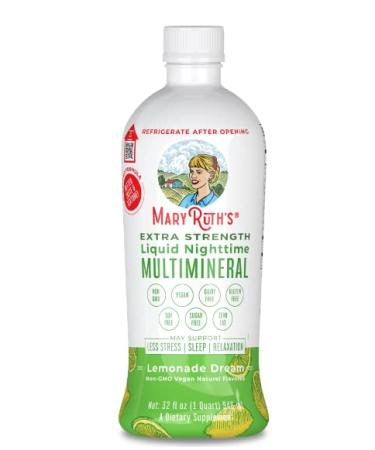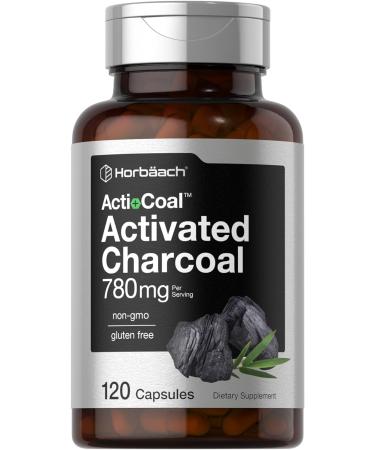With the weather getting colder, people are starting to turn to hot beverages, and when it comes to a hot beverage, coffee is the first thing that comes to mind. Coffee has a considerable popularity among people, and its health benefits are increasingly coming to light.
Essentially, the caffeine content in coffee, a beverage we enjoy in every season and a must-have during the winter months, can vary depending on the type of coffee bean and the method of brewing. In this article, before delving into the details of the amount of caffeine found in coffee, we would like to provide a little more information aboutcaffeinein general.
What is Caffeine?
Caffeine is a type of alkaloid found naturally in the leaves, seeds, and fruits of plants. It is also known as caffeine, theine, mateine, or guaranine. It is known that the name caffeine was first given in world literature by German chemist Friedich Ferdinand Runge in 1819.
Towards the end of the 1970s, studies began showing the positive effects of caffeine on exercise performance.
Caffeine is known to be found in more than 60 plants, however
ka
fe
in
When it comes to caffeine, tea and coffee are among the most common ones that come to mind.
Caffeine is found in black tea leaves, coffee beans, and cocoa beans (naturally in chocolate). This means a person gets caffeine from many things in their daily lives. In fact, caffeine is found in more than 1,000 medications worldwide.
So, is this good or bad?
To answer this question, we need to expand on the topic. As briefly mentioned above, many studies conducted after the 1970s have examined the relationship between exercise performance and caffeine. As a result, it has been observed that caffeine intake can increase adrenaline secretion during high-intensity exercise.
High adrenaline levels, on the other hand, positively affect performance. A 2009 study by Davis JK and Green JM reported findings that caffeine affects the central nervous system, reducing the perception of pain during exercise. Some studies have also observed its positive effects on increased concentration and attention.
Despite all these positive effects of caffeine, consuming more caffeine than your body needs will certainly not be beneficial. From what we've read and researched to date, we haven't found definitive information that natural and balanced caffeine intake is harmful to a healthy person.
For someone to be considered harmful, caffeine must be heavily overloaded. Now, let's move on to the addiction aspect.
KaIs Fein Addictive?
When people regularly consume caffeine, it might not be accurate to call them caffeine addicts. Think of caffeine as a way to reinstate a favorite habit rather than an addiction.
To give a few examples, studies show that caffeine consumption is 238 mg day per person in the United States and 400 mg day per person in Scandinavian countries. Moderate daily caffeine intake (400 mg per day) does not cause adverse effects in the healthy adult population (Keisler and Armsey, 2006).
What is the Caffeine Content in Coffee?
• Turkish Coffee 65 mg 65–75 ml (1 Turkish Coffee Cup)
• Filter-French PressCoffee 120–170 mg 180–200 ml (1 Cup)
• Water Soluble Instant Coffee (Gold, Classic) 60–80 mg 100–180 ml (2 g) (1 Cup)
• Water Soluble Instant Coffee (With Whitener, Sugar, Etc.) 55–80 mg 180 ml (12–13 g) (1 cup)
•EspressoCoffee 130–200 mg 50–60 ml (1 cup)
• Americano Coffee 100 mg 250 ml (1 cup)
Considering the smaller size of espresso cups, choosing espresso results in a higher caffeine content than other coffees. This makes it an effective way to meet your caffeine needs.
You can find our other article on caffeine and the factors affecting it.













